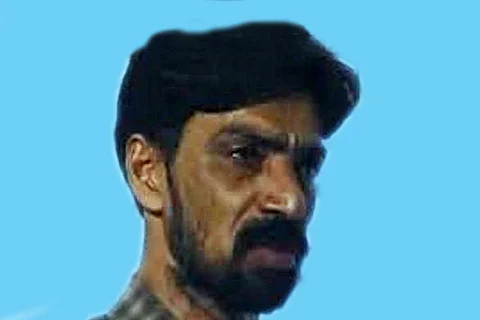

In the wee hours of 7th January, 2001, two members of the Manjooran house in Aluva Municipal town were sound asleep, while four others had gone for a late night movie show. In a matter of hours, what the town witnessed was a brutal bloodbath. A man who was working as a driver in the locality murdered Clara and her daughter Kochurani first and then waited for the rest of the family to come back. Antony alias Antappan then killed Augustine (Clara's son), his wife Mary, and their children Divya and Jesmon with a knife and an axe.
Seventeen years after the murder, Antony has received relief from the Supreme Court of India. In 2006, the Kerala High Court had sentenced Antony to death, but a bench of Supreme Court judges, comprising Justice Madan Lokur, Justice Deepak Gupta and Justice S Abdul Nazeer, has commuted the death sentence to life imprisonment. The court took into consideration his socio-economic background and the fact that he had no previous criminal history.
The bench observed that Antony was in desperate need of money as he wanted to go abroad “in search of greener pastures”. For this purpose, he had gone to the Manjooran family house to ask Kochurani for financial assistance to go to the Gulf. Though she had initially agreed, according to the investigators, she later refused to give the money. This was the reason that led him to murder the members of the family.
"He managed to arrange a visa but had to pay the agent Rs 62,000. Due to severe financial constraints, he could only arrange Rs 25,000 for making the initial payment. He continued making attempts to raise the amount. Under these circumstances, he had gone to the Manjooran house to get money by stealing it or grabbing it by any other means. It is under this financial and economic stress that his presence in the house of the deceased family was explained," the judgment said.
Observing that though a person's socio economic condition is not a factor that should be taken into account to prove guilt, the bench stated that it is a factor that should be considered while awarding an appropriate sentence.
“We endorse and accept that socio-economic factors must be taken into consideration while awarding a sentence particularly the ground realities relating to access to justice and remedies to justice that are not easily available to the poor and the needy,” the bench observed.
The three-member bench also stated that the courts should be mindful whether death row convicts from low income backgrounds get adequate legal representation. “Several accused persons belonging to the weaker sections of society cannot afford defence counsel and they are obliged to turn to the National Legal Services Authority, the State Legal Services Authority or the District Legal Services Committee for legal representation.”
They also observed that while these authorities provide the best legal assistance possible at their command, it sometimes falls short of expectations resulting in the conviction of an accused and, depending upon the facts of the case and the sentencing process, a sentence of death follows.
Both the Kerala police and the CBI had told the Kerala High Court that Antony was the murderer and that there was no ambiguity in it. And the HC in its judgment had said that Antony was a hardened criminal. "The accused is a hardened criminal beyond any correction and rehabilitation. In this case the culpability has assumed the preparation of extreme depravity. The accused is a preferred example of bloodthirsty, irreclaimable and hardened criminal," the HC had said.
The Supreme Court, however, took an opposite view and said that there was no material to prove the state of Kerala’s claim that Antony was a hardened criminal.
The SC bench said, "There is absolutely nothing on record to show that the appellant had previously committed any crime whatsoever. Indeed, there is nothing on record to even suggest that the appellant was a hardened criminal."